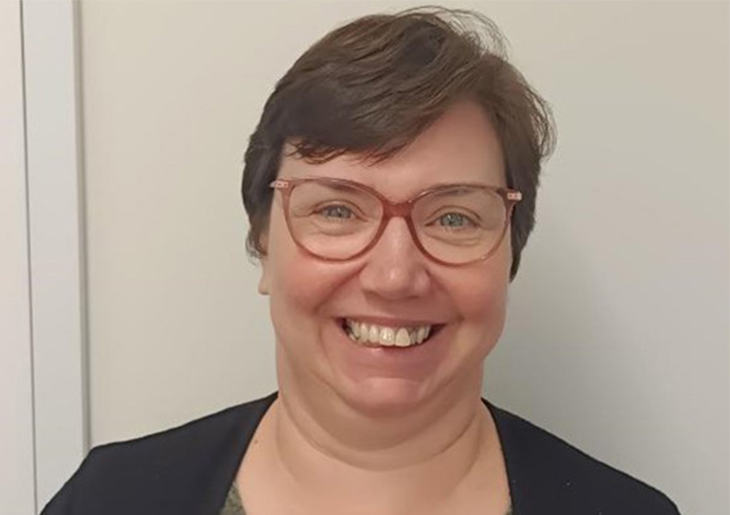The Speech and Language Therapy (SLT) Urgent Community Response service’s primary goals are to avoid admission to hospital, facilitate speedier discharges, prevent complications, and improve an individual’s ability to communicate and/or eat and drink safely and comfortably.

We spoke to Karen Davidson, specialist speech and language therapist, about her role.
“My role within Urgent Community Response/Virtual Wards is to provide a specialist service designed to manage urgent or critical dysphagia (swallowing difficulties) and communication difficulties for patients whose acute medical need is being met in the community. When individuals experience acute or severe dysphagia, they may require immediate attention and intervention to prevent complications like aspiration pneumonia or malnutrition, thereby reducing the need for hospital admission. Urgent communication assessments can be carried out where rapid intervention is needed, for example during last days of life care. The provision of rehabilitation in the person’s own home minimises the need for hospital care and maximises management of complex conditions in the home environment.”
The key features of the SLT Urgent Community Response service are:
Rapid assessment and interventions
“Speech and language therapists in this service are equipped to quickly assess the severity and underlying causes of the individual’s swallowing difficulties and advise on compensatory strategies and rehabilitation plans. We provide advice and strategies to maximise communication skills. We operate a rapid two-working-day response service as part of the wider multidisciplinary team.”
Collaboration
“We work closely with other healthcare professionals, such as doctors, nurses, and other allied health professionals (AHPs), to ensure comprehensive and coordinated assessment and care for the patient.”
Education and support
“We offer guidance and education to the patient, their family, and caregivers on managing dysphagia and communication needs and implement strategies to minimise risks. We provide training for other professionals and encourage all staff to complete the mandatory trust e-learning for dysphagia – please see below for details.”
Follow-up
“Our input often includes follow-up care and ongoing therapy to track progress and make necessary adjustments to treatment plans. This can be further reviewed by the ESHT Community SLT team if needed.”
If you would like to learn more about the speech and language team, visit Speech and language therapy (SLT)
